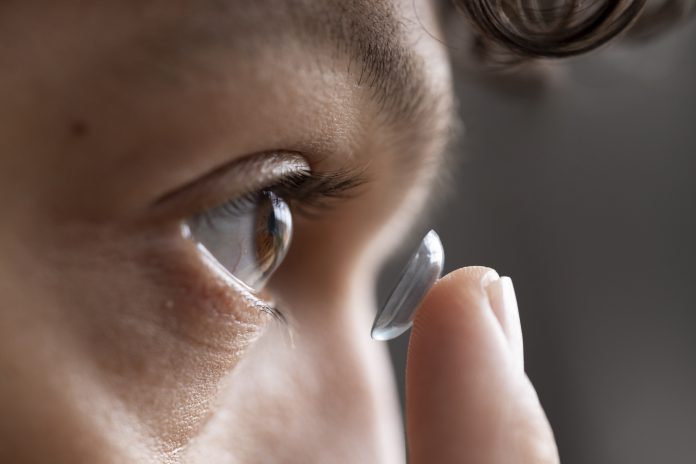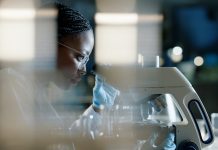In a new effort to revolutionise treatment for eye injuries and disorders, a team of researchers from the University of Liverpool have secured £2.1 million in funding
Led by Dr. Hannah Levis, the team aims to develop a contact lens designed to repair damaged eye tissue, specifically targeting the corneal epithelium.
The corneal epithelium, a vital protective layer covering the front of the eye, can become compromised due to various factors such as inflammation, physical injuries like burns, or certain genetic conditions.
When this occurs, the healing process is often hindered, leading to persistent defects and recurrent patient issues.
Targeting the corneal epithelium
Dr. Levis, a Reader in Ophthalmic Bioengineering at the University of Liverpool, emphasised the critical need for effective treatments, noting that current standard therapies often fall short, leaving patients with prolonged discomfort and impaired vision.
She highlighted that some patients require up to 90 visits annually for treatment, placing a significant burden on healthcare resources.
The innovative solution being developed by Dr. Levis and her team involves a specialised “cell bandage” delivered through a soft contact lens directly onto the surface of the eye. This approach enables rapid healing by transplanting corneal epithelial cells directly to the affected area.
Contact lens technology
The contact lens component not only helps deliver these cells but also protects them from the shearing forces generated during blinking, further enhancing the healing process.
The research is funded by the Medical Research Council’s Developmental Pathway Funding Scheme in collaboration with the Scottish National Blood Transfusion Service. The project’s inception stemmed from Dr. Levis’ earlier work under an EPSRC Engineering for Growth Fellowship, focusing on developing advanced materials for vision-related treatments.
Professor Rachel Williams, Dr. Victoria Kearns, Dr. Nardine Menassa, and Dr. David Robinson, all esteemed researchers from the University’s Institute of Life Course and Medical Sciences, comprise the multidisciplinary team driving this ambitious project forward.
The team anticipates that their creative contact lens technology could significantly reduce treatment burdens and improve outcomes for patients suffering from debilitating eye conditions.
With the potential to transform ophthalmic care, their work holds promise for a future where advanced biotechnologies offer new hope for those in need.
As the project progresses over the next three years, the research team remains dedicated to achieving its goal of bringing this transformative therapy from the laboratory to clinical practice, ultimately enhancing the quality of life for patients affected by corneal epithelial defects.











